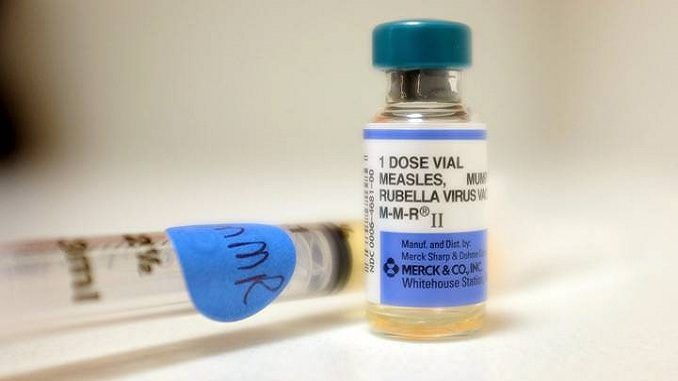
Early data from trials of three potential coronavirus vaccines released on Monday, including a closely-watched candidate from Oxford University, increased confidence that a vaccine can train the immune system to recognize and fight COVID-19 without serious side effects, Reuters informed.
Whether any of these efforts will result in a safe and effective vaccine capable of protecting billions of people and ending the global pandemic is still far from clear. All will require much larger studies to prove they can prevent infection with the virus.
The vaccine, being developed by British drugmaker AstraZeneca along with Oxford University, induced an immune response in all study participants who received two doses without any worrisome side effects.
A coronavirus vaccine under development by CanSinoBiologics Inc and China’s military research unit likewise showed that it appears to be safe and induced an immune response in most of the 508 healthy volunteers aged 18 to 83 who got one dose of the vaccine, researchers reported.
Some 77% of study volunteers experienced fever, fatigue, headache or pain at the injection site not considered to be serious.
Both the AstraZeneca and CanSino vaccines use a harmless adenovirus to carry genetic material from the novel coronavirus into the body. Studies on both vaccines were published in the journal The Lancet.
“Overall, the results of both trials are broadly similar and promising,” Naor Bar-Zeev and William Moss, two vaccine experts from Johns Hopkins Bloomberg School of Public Health, wrote in a commentary in The Lancet.
However, the CanSino candidate again showed signs that people who had previously been exposed to the particular adenovirus in its vaccine had a reduced immune response.
Pre-existing immunity to the type of virus used to deliver the vaccine “is considered to be the biggest obstacle for the candidate … COVID-19 vaccine to overcome,” study authors wrote.
German biotech BioNTech and U.S. drugmaker Pfizer Inc, meanwhile, released details from a small study in Germany of a different type of vaccine that uses ribonucleic acid (RNA) – a chemical messenger that contains instructions for making proteins.
When injected into people, the vaccine instructs cells to make proteins that mimic the outer surface of the coronavirus. The body recognizes these as foreign invaders and mounts an immune response against the virus.
In the study of 60 healthy adults, which was not peer reviewed, the vaccine induced virus-neutralizing antibodies in those given two doses, a result that was in-line with a previous early-stage U.S. trial.
The burst of announcements followed publication last week of results of Moderna Inc’s vaccine trial in the New England Journal of Medicine, showing similarly promising early results, Reuters added.




Be the first to comment